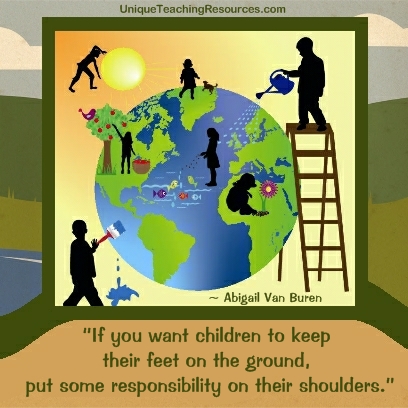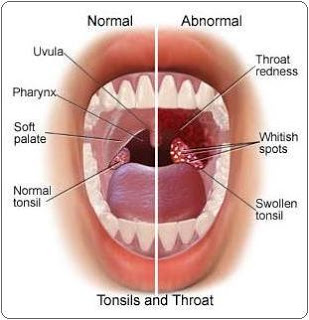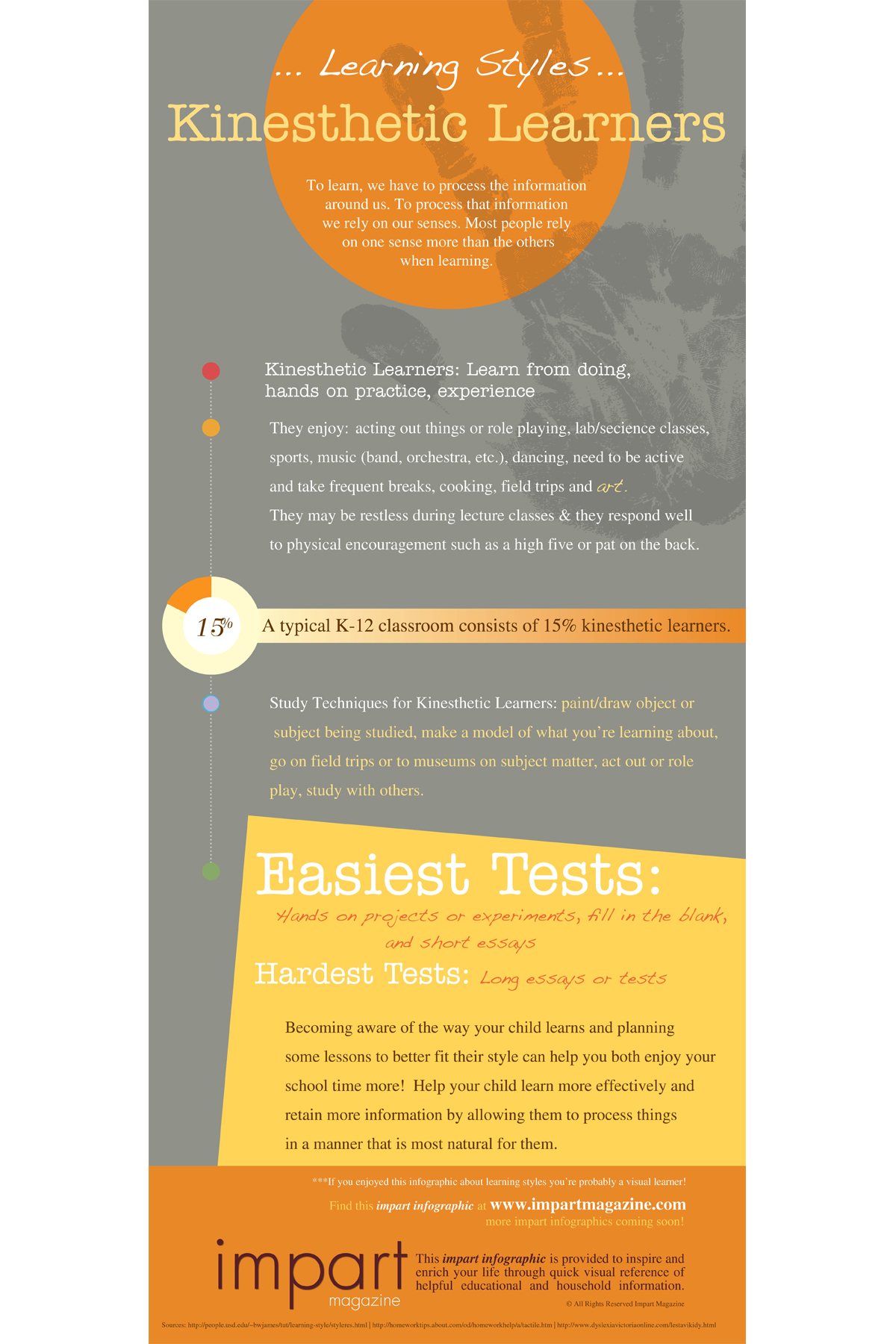Literacy is a hot topic in education circles around the globe, and a correlation can even be seen between a nation’s literacy rate and its economic stability. So maybe you agree with the importance of literacy, but how can you actually help your child with communication disorders become a successful reader? E-readers can be an important tool for encouraging these kids who are struggling to develop reading skills. Continue reading





 Sometimes something that sounds so innocent can be a symptom of a larger issue. Drooling in infants and toddlers is often associated with teething, but can also be the sign of a larger health problem that can affect your child’s speech development.
Sometimes something that sounds so innocent can be a symptom of a larger issue. Drooling in infants and toddlers is often associated with teething, but can also be the sign of a larger health problem that can affect your child’s speech development.